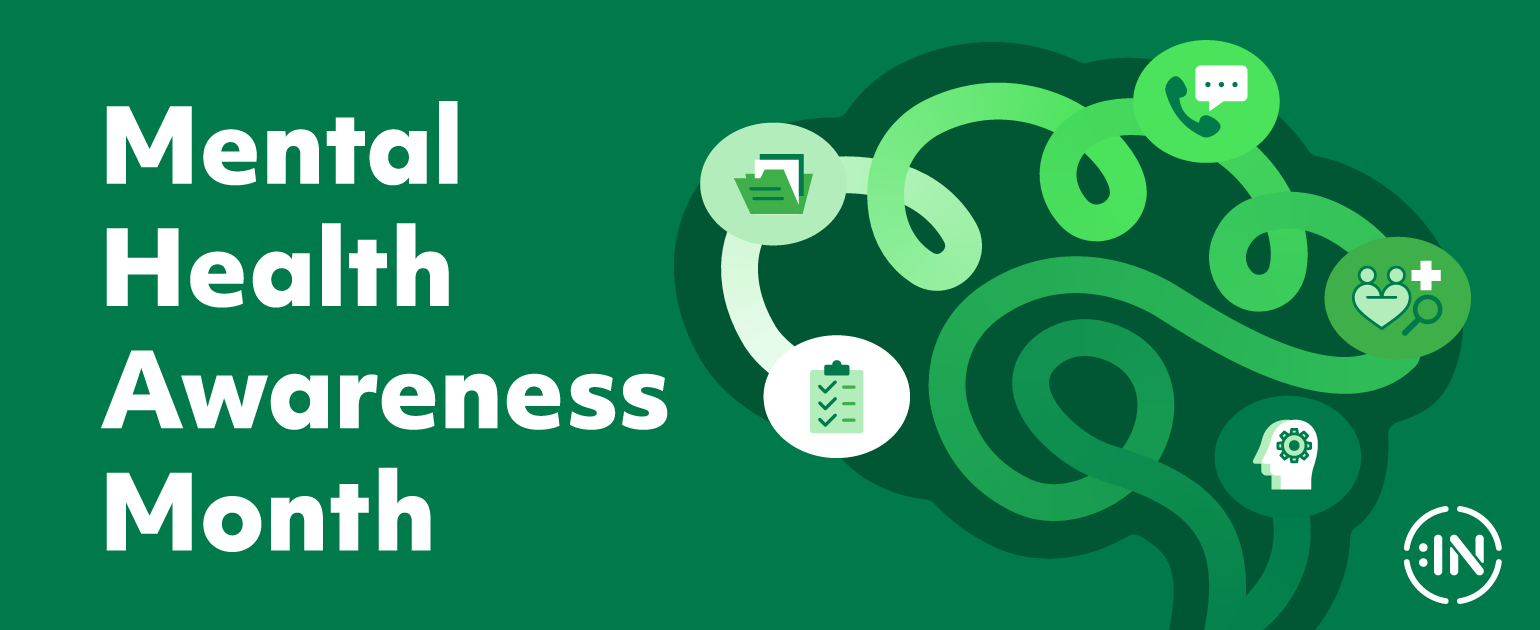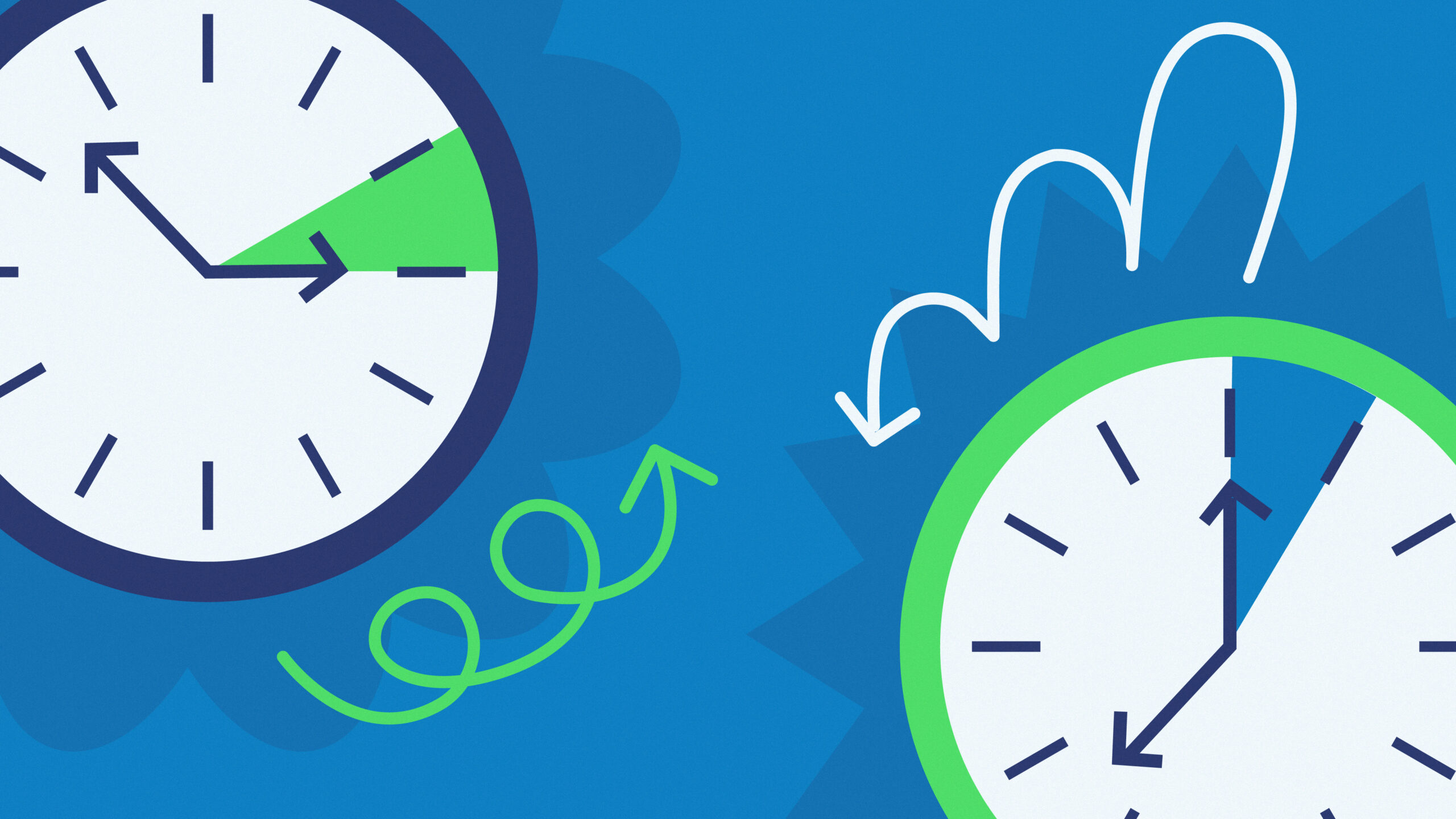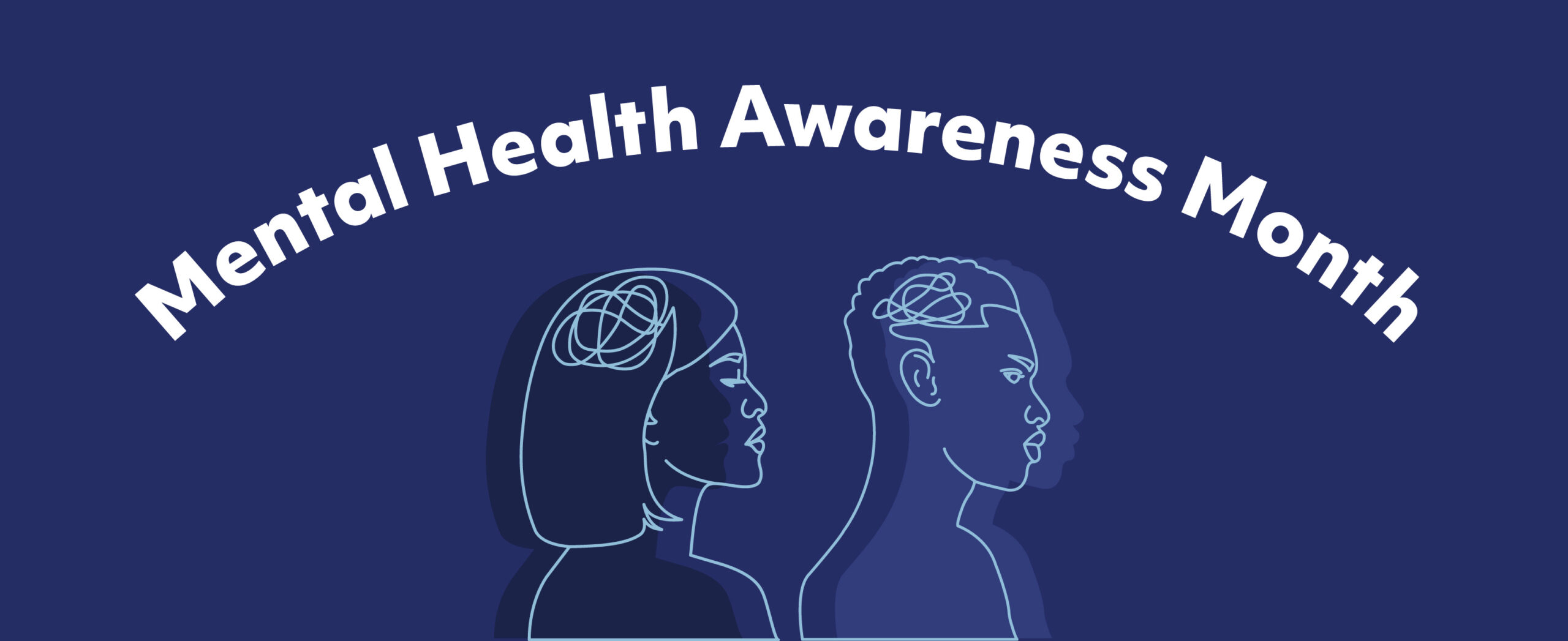This blog post was written by Disability:IN team member Elaine Kubik in honor of World Mental Health Day, Hispanic Heritage Month, and National Disability Employment Awareness Month. A nexus of important topics to help share her story!
Depression, my unspoken Disability.
Today, on World Mental Health Day, I’m doing my part to advance inclusion by owning my disability – my constant shadow of depression, wearing a face of anxiety.
While we have made huge strides in breaking the stigma of disability, depression always fell to the wayside for me. I desperately wanted to believe the words of Jenny Lay-Flurrie “disability is a strength”, but was reminded of the widely-used term “mental illness.” How can an “illness” be a strength?
Although I have struggled with depression for almost a decade, it was just three years ago that I finally took proactive efforts to address it. Thanks to my surface-level anxiety and my efforts to control it, I ultimately faced the underlying challenge of depression.
My depression and anxiety drove me into a complete work frenzy, for nine years. Working around the clock prevented me from facing my depression, and thanks to my anxiety, my wheels kept spinning. I was climbing in my career, but emotionally drowning in my moments of downtime. There were moments of respite; often taking the form of after work happy hours, Wine Wednesdays, and weekend boozy brunches. Alcohol worked great to mask the sadness, but it ultimately deepened my depression. It does not surprise me one bit that the state of millennial mental health is lonely, burned out and depressed.
Although the Kardashians have popularized anxiety, pop culture forgets to mention that anxiety and depression actually co-occur in as many as 50% of people experiencing one of them. Stigma around anxiety breaks down with trendy chill pill cases, but depression remains unspoken. And I get it. Why talk about not being happy? Why risk seeming ungrateful? Why bring up ‘black hole moments’; when crying feels good and worse – when pain seems like a final relief?
Treatment for the most common conditions is effective 80% of the time and yet only 1 in 3 people who need help will seek it (MHFA). It takes a support system, especially an inclusive workplace, to feel comfortable owning your disability. I am deeply grateful to seek treatment, and feel support both personally and professionally. Easy actions like allowing mental health days as sick days, flexible work hours, and gym membership discounts help build an inclusive workplace.
However there are barriers such as cost, stigma and poor quality driving inequities of care, especially to my Latinx paisanos. This is important as the Hispanic population is expected to reach about 106 million in 2050, about double what it is today (US Census). But even before that, next year mental and substance use disorders will surpass all physical diseases as the major cause of disability worldwide (NIH).
I join IN with Disability:IN to help empower corporations advance disability inclusion and equality. I’m proud that Disability:IN will be publishing a “Roadmap to Mental Wellness in the Workplace”, featuring four companies’ strategies to support their employees and their families, just in time for Hispanic Heritage Month and National Disability Employment Awareness Month.
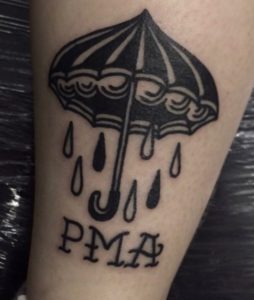
PMA is ‘positive mental attitude’, a phrase and tattoo popular among the hardcore punk community. Elaine has a PMA tattoo (not this one).
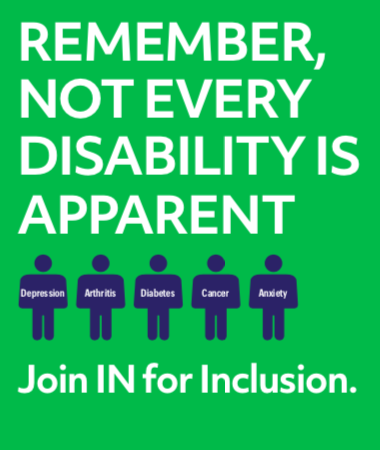
Inclusive Posters available for download from Disability:IN. Check them out here.

